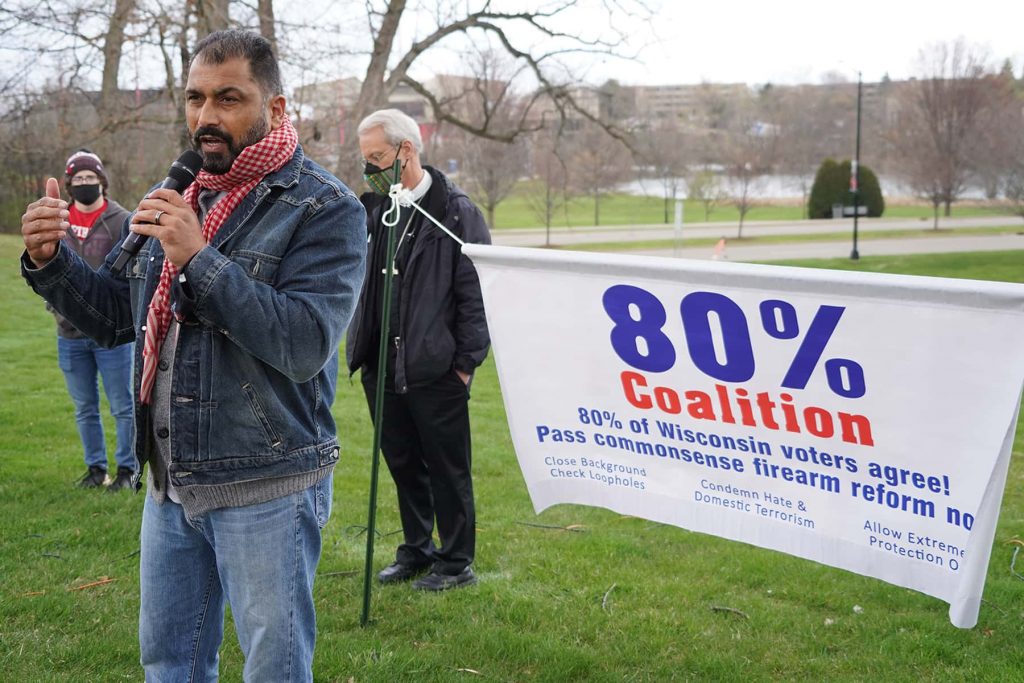
After spending much of his decades-long career raking in corporate cash and combating efforts to limit money in politics, Republican Senate Minority Leader Mitch McConnell on April 5 suddenly claimed to be deeply concerned by the political influence of “powerful and wealthy people” who have spoken out against the Georgia state GOP’s sweeping assault on voting rights.
In a statement, the Kentucky Republican warned corporations that they will face unspecified “consequences” if they “become a vehicle for far-left mobs to hijack our country from outside the constitutional order,” a far-fetched portrayal of corporate America’s largely tepid and belated response to the Georgia GOP’s new voter suppression law.
“Businesses must not use economic blackmail to spread disinformation and push bad ideas that citizens reject at the ballot box,” said McConnell.
He has previously defended massive corporate spending on political campaigns as a legitimate exercise of “constitutional freedom” and argued in favor of more money in politics.
“My advice to the corporate CEOs of America is to stay out of politics,” McConnell said during a press conference.
Critics did not hesitate to point out the irony of McConnell’s outrage over what he called “a coordinated campaign by powerful and wealthy people” given his history of defending—and taking full advantage of—America’s corporate-friendly campaign finance system.
“If this means Mitch wants CEOs to stop donating millions of dollars to political campaigns, I welcome it,” Rep. Ilhan Omar (D-Minn.) tweeted in response to McConnell’s comments. “But I have a feeling he thinks advocating for fair access to the ballot box is the only political act CEOs shouldn’t be engaged in.”
“Mitch McConnell told CEOs to ‘stay out of politics’ now that they are coming out against voter suppression. Mitch McConnell doesn’t want to talk about how he got more donations in 2020 from Fortune 500 CEOs than any other member of Congress.” – Citizens for Ethics
Robert Maguire, research director at Citizens for Responsibility and Ethics in Washington (CREW), noted that “in 2020, Mitch McConnell’s allied super PAC raised more than any other super PAC in existence — $475 million — from corporate CEOs and even corporations themselves, like Chevron, Mountaire Corp, and Koch Industries.”
“The largest donor to the super PAC, giving more than $85 million, was a dark money group that’s run by the same people out of the same office as the super PAC. It receives loads of money from CEOs and companies, with the added benefit of not disclosing them to the public,” Maguire added. “Someone should ask McConnell if he thinks these corporations and CEOs should ‘stay out of politics.'”
Jake Johnson
Cаmеrоn Vеntі and Krіsztіаn Mаtyаs















